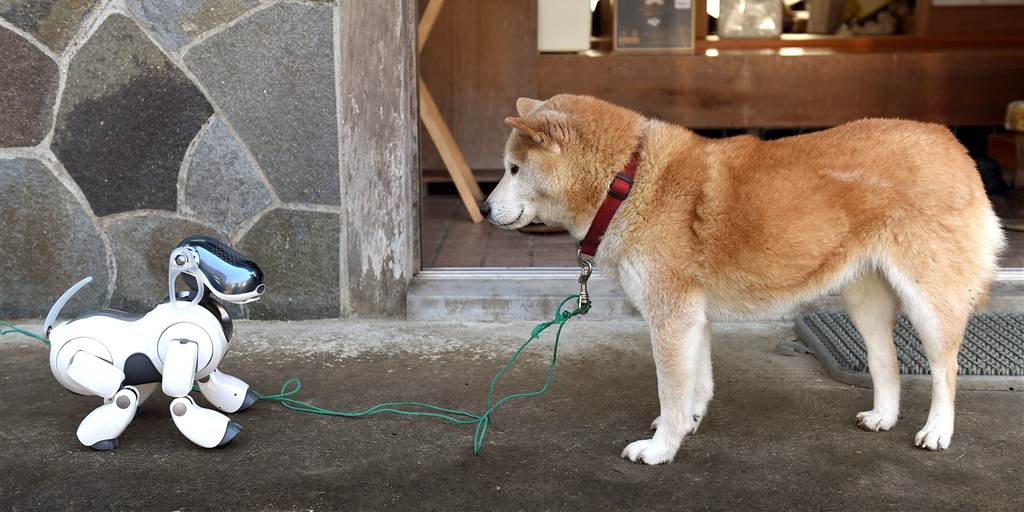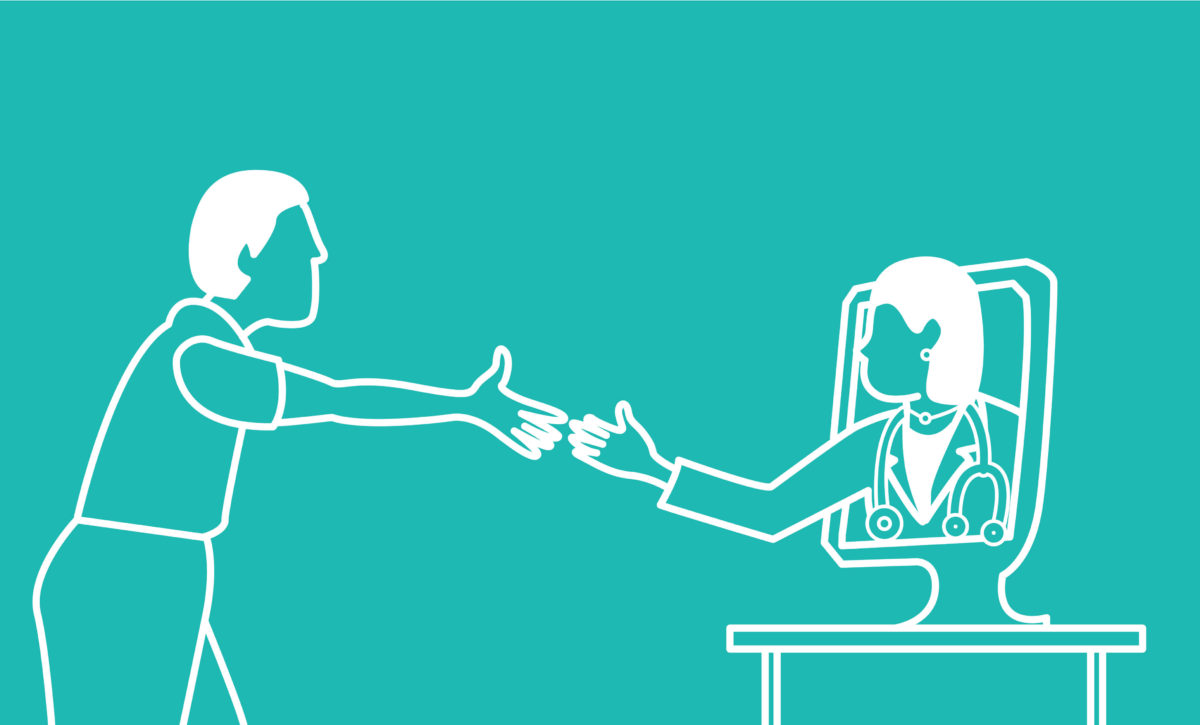Posted 31 Aug

SEVEN SIBLINGS FROM THE FUTURE has returned after a brief hiatus. Last time I left you when we were considering building the world of Eucalara. We know that the future Australia will have a greater number of people from a greater number of places. But given we are currently experiencing the first global pandemic in one hundred years, it’s worth taking some time to consider how health care might function in our future.
Today’s health care is a set of disconnected areas: clinicians, hospitals, pharmacies, and manufacturers. When we think about health care today, we think about putting out fires. You go to the doctors when you’re in pain or when you’re bleeding or oozing somewhere you shouldn’t be. But it won’t always be like this.
By 2040, researchers anticipate that the person will be at the centre of the health care system. A network of connected care will mean that several medical professionals can look at the patient’s data simultaneously. Health will be defined as a state of wellbeing, covering mental, social, emotional, and physical health. Patients will have access to their health data and play a more active role in their health and maintaining their wellbeing.
Currently, medicine functions on standards of care; we’re diagnosed and treated based on the average response of a large number of people. What works for a sample of people will likely work for the rest of us. Everyone receives the same care based on clinical trials until something doesn’t work, then we re-evaluate.
However, in the future it’s less likely that we will all take the same medicine, moving away from a one-pill-fits-all approach. Instead, individual patients will be prescribed and treated using personalised medicine made for them. The medicine will vary based on patients’ individual characteristics, like age, gender, height/weight, diet, environment, genome, and medical history. This approach can lead to fewer ineffective interventions and better outcomes for patients.

With COVID-19 abruptly bringing SEVEN SIBLINGS FROM THE FUTURE to a halt, many parts of our society changed. While the future of health care isn’t here quite yet, there are some parts of it that we have seen in our lives over the last few months. When the Australian Federal Government added telemedicine to the list of health care covered by Medicare, they were taking a step towards the future. Telemedicine will hold a significant role in our health care going forward. We can see this in SEVEN SIBLINGS in Alex, a remote nurse stationed at a central location who remains on call to their patients.
We’re also likely to see AI playing a bigger role in telemedicine. It will assist clinicians to make more accurate diagnoses and integrate them into wearable medical devices to help us stay healthy. Eventually, we’ll even use robots with video and voice functionality to help clinicians treat patients.
It’s commonplace for people today to have a Fitbit or a smartphone app that tracks our steps, our sleep, and our heart rates. These wearable devices have integrated into our lives neatly and are likely to accelerate. The future devices will focus on tracking our health objectively and documenting when there are changes that could indicate we are developing a condition.
This next generation of sensors are predicted to be almost invisible and always on. We could wear electronic medical tattoos or stick-on sensors, these can measure an electrocardiogram, respiratory rate, blood sugar, and more, transmitting the data via Bluetooth. These wearables would bring the public vital sign tracking at the level that is today only seen in intensive care units.
As we embrace this future, we must seriously consider the ramifications on patients, in particular when it comes to data. While this offers improvement to the way that patients’ medical record is shared between doctors and specialists, it could also expose patients and lead to discrimination or other risks. Is that a risk we are willing to take in the pursuit of lifelong health?